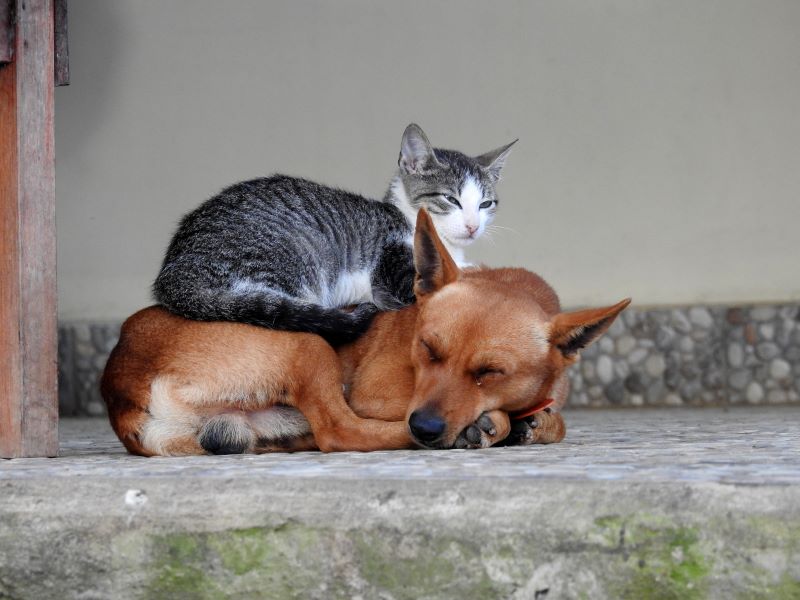The Belgian EU presidency finalised during its last week in June a Council negotiating mandate for a proposal for a regulation on the welfare of dogs and cats and their traceability that addressed previous loopholes.
As previously reported, the European Commission proposed in December 2023 an animal welfare package to revise outdated legislation. It fell short of the more ambitious revision which had been anticipated but was considered acceptable as regards the protection of companion animals. The need for new and stricter rules were long overdue considering the facts.
Around 44% of households in the EU have a pet animal. Trade in dogs and cats has grown considerably in recent years, with an annual value of €1.3 billion. It was estimated that 60% of dog and cat owners buy their pet via the internet. Online advertising of pets has soared in recent years, making it difficult for both consumers and authorities to verify the true origin and welfare background of pets.
The draft rules aimed to establish a level playing field for the welfare of dogs and cats that are bred or kept in breeding establishments, in pet shops and in shelters. Strict traceability requirements, together with automated checks for online sales, will help authorities control the breeding and trade of dogs and cats. Buyers will also be able to check their identification and registration.
All dogs and cats will have to be microchipped and registered in a national database before they are placed for sale on the market. Member States' databases will become interoperable. In addition, when dogs and cats are advertised online, a free automated system will be available to the prospective owner to verify the identification and registration of the dog or cat.
In the Council proposal, general animal welfare principles will apply to all breeders, sellers, shelters, and foster homes to ensure that the behavioral needs of the animals are taken care of. Breeders producing over five litters per year or keeping over five breeding animals at all time will also be obliged to ensure that they have been approved by the veterinary authorities and inspected every year.
The Commission’s draft text failed to mention specific actions to curb extreme breeding practices but this seems to have been addressed in the Council proposal. Breeding establishments will have to ensure that breeding strategies do not result in phenotypes and genotypes with detrimental effects for the welfare of animals.
Another loophole in the draft text concerned identification and registration (I&R) of pets by private persons but that has also been addressed by the Council, at least partly. Some EU countries wanted more time to review the proposed rules but other countries put pressure on the Belgian EU presidency to finalise them with the qualified majority at hand.
The I&R rules will apply for all dogs and cats in breeding establishments but also for any pet placed on the market by any person. The identification must take place three months after birth in an establishment and in any event before an animal is placed on the market. There is a legal obligation for private persons to register the pets if they put them on the market or cross the border to another EU country.
Microchipping is a simple and unpainful procedure a veterinarian told The Brussels Times. Private persons have an interest to have their pets microchipped since it would be easier to track and return them to their owners if they are lost and found. For the authorities, microchipping of all pets would enable them to track owners that have abandoned them.
M. Apelblat
The Brussels Times

